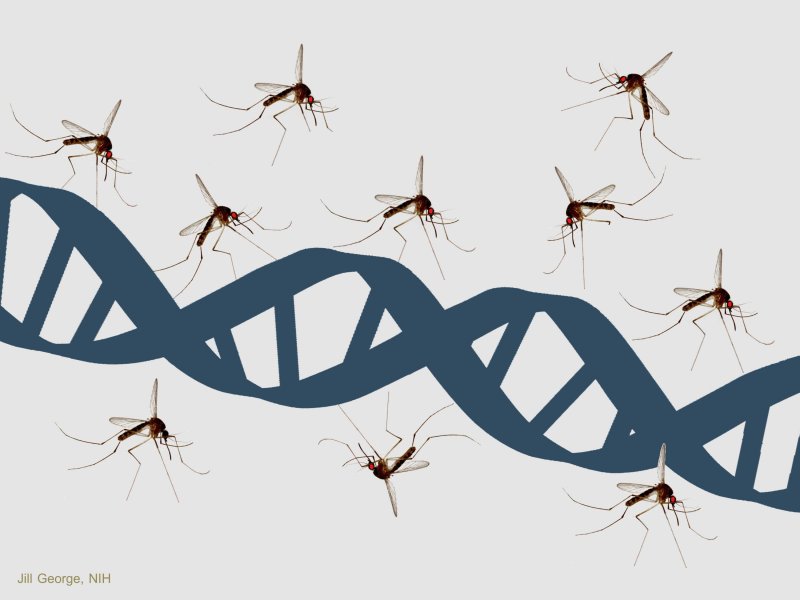Emerging gene-editing technology is raising questions around the world about the ethics of altering the structure of life: DNA. From Europe to the United States to China, cultural and societal influences shape how each country sees this biotechnology and how it should be regulated. These differences hinder international consensus, as well as the enforcement of any restrictions.
…
The most difficult ethical questions and moral dilemmas will arise when the technology is applied to human health problems. For example, should gene editing be used to prevent malaria? The obvious answer would seem to be yes. CRISPR has been used to edit the genomes of mosquitoes in research labs, now making the elimination of some populations that carry the malaria parasite a possibility. Through gene drives, an edited or inserted gene can be spread throughout a natural population, and additional field trials are likely in the near future.
However, should these insects be eradicated — even if the reward is greater than the risk? What will be the impact on the rest of the ecosystem? Questions remain about how the genetic alterations would proliferate, and scientists are still exploring the possible outcomes.
Read full, original post: New Gene-Editing Techniques Are Reshaping the Ethics of Biotechnology































